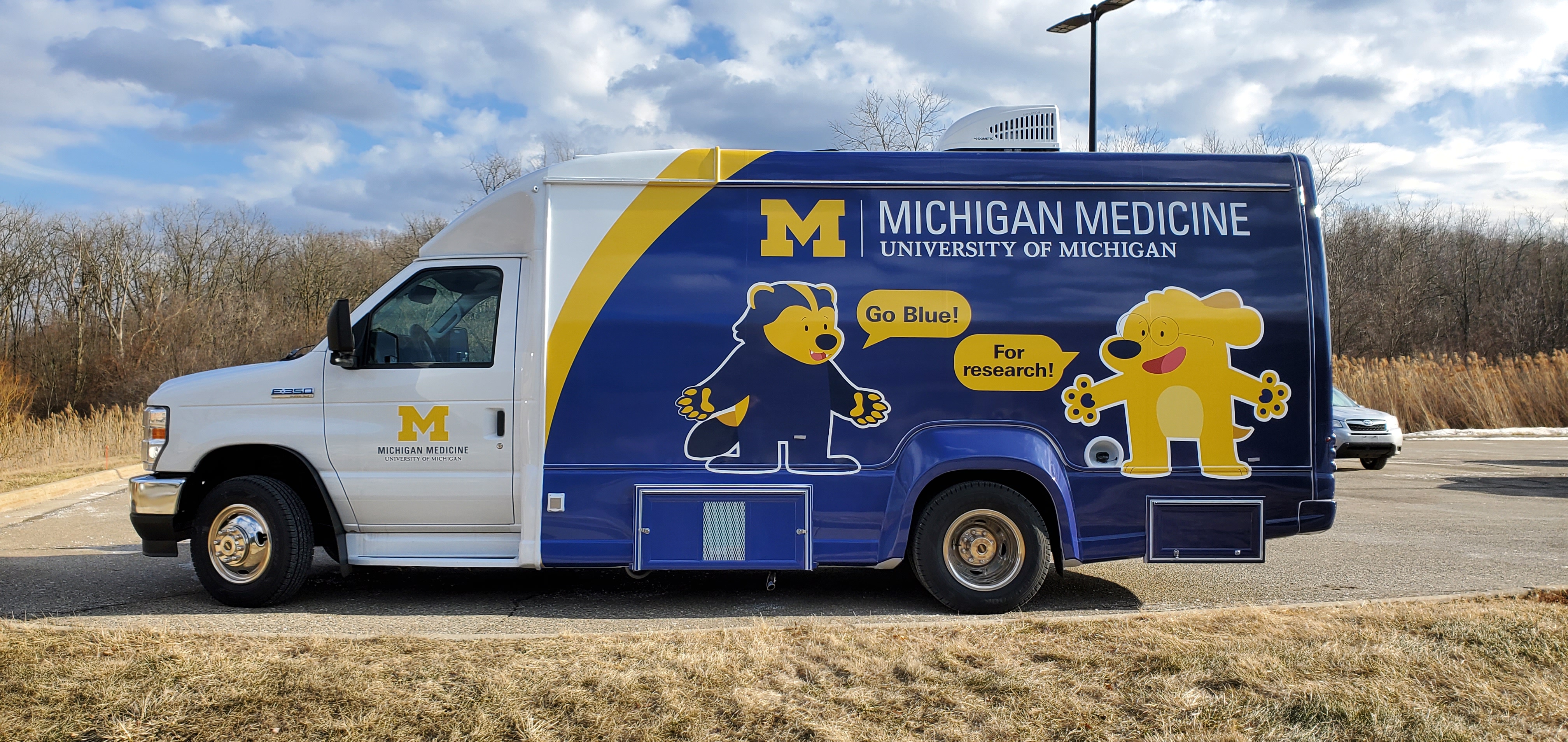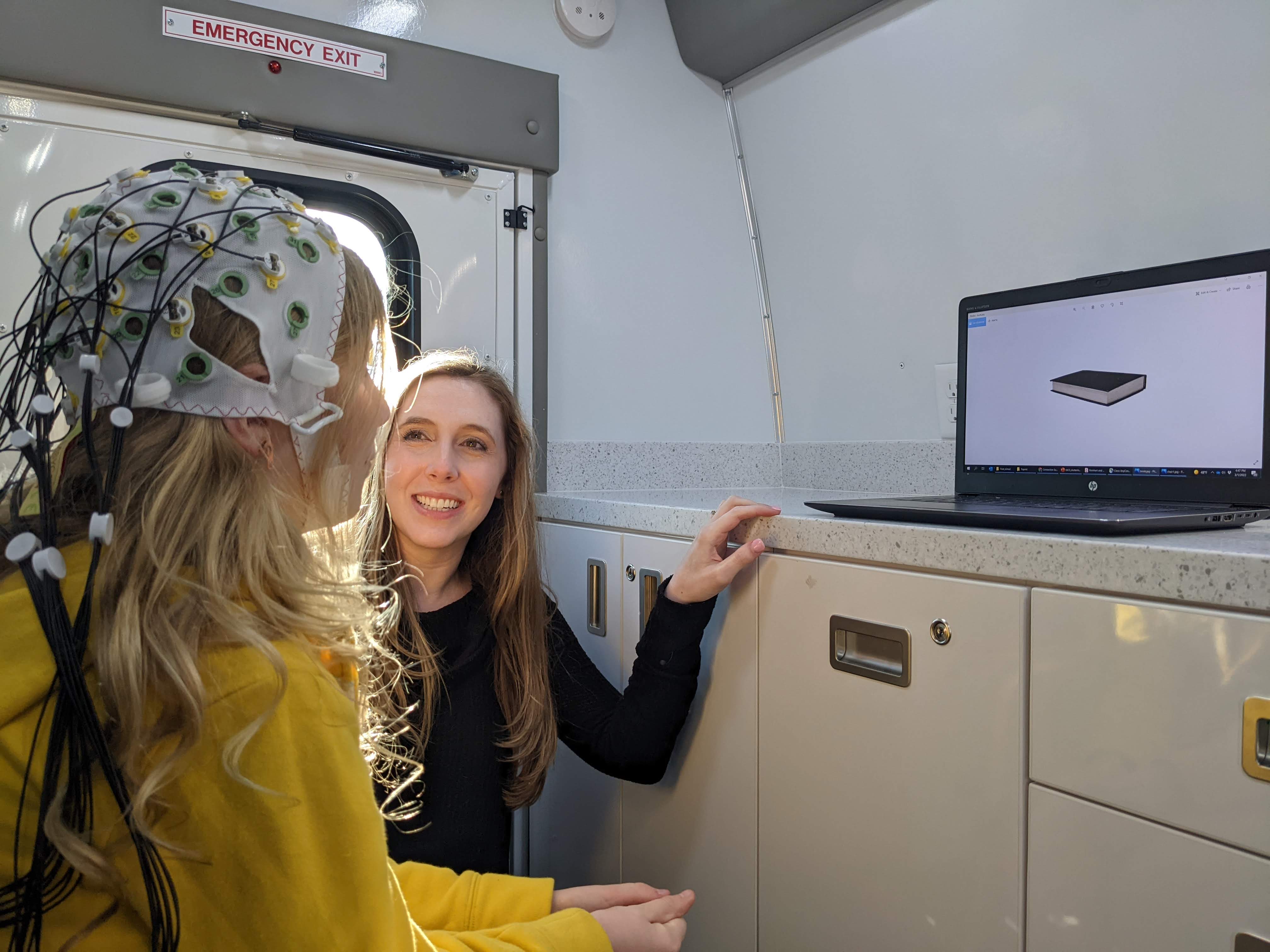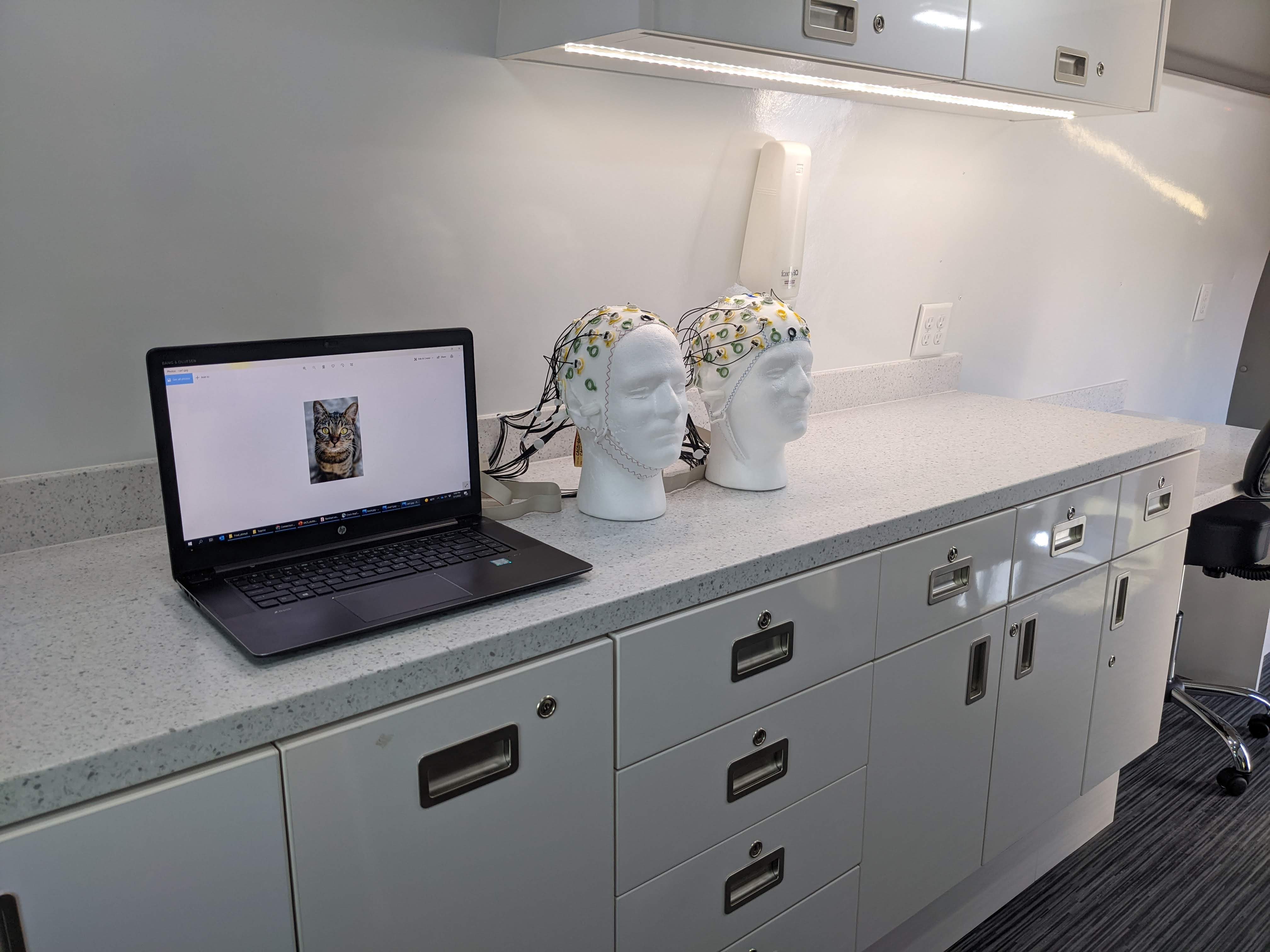For those challenged by a speech disorder like stuttering, life can be difficult, even overwhelming. Soo-Eun Chang, Ph.D., Rosa Casco Solano-Lopez Research Professor of Child and Adolescent Psychiatry and associate professor of psychiatry, is committed to improving quality of life for these individuals by finding novel ways to treat and prevent speech difficulties. As program director and principal investigator of the speech neurophysiology laboratory at the University of Michigan, Dr. Chang’s research explores the functional neuroanatomical mechanisms that support speech motor control as well as the neural bases of developmental stuttering. In her efforts to find new therapies to treat stuttering, she is studying neuromodulation techniques that augment behavioral therapy and early intervention to prevent chronic life-time stuttering.
Recently, her work has been taken to a new level thanks to a generous gift from Arsen Tomsky, CEO and founder of inDriver, a ride-hailing service with 1500 employees and 100 million users worldwide. A stutterer for most of his life, Mr. Tomsky met Dr. Chang during a virtual conference and was so inspired by her work that he reached out to learn how he could support it. Mr. Tomsky’s business expertise and passion for transportation inspired Dr. Chang to suggest he support her efforts in creating a mobile lab. Outfitting a van with lab equipment would allow Dr. Chang to meet patients where they lived rather than asking them to come to Ann Arbor — an idea Mr. Tomsky loved.

Parked in the Rachel Upjohn Building employee lot, the mobile lab is a shiny, white van featuring cheery maize and blue logos and friendly dog and wolverine characters whose accompanying word bubbles say, “Go Blue! For Research.” Inside, the van is a laboratory and examination room with equipment that allows for collection of behavioral and neurophysiological data. Simply seeing the van parked outside her office is a dream come true for Dr. Chang, who understands the important difference it will make to her work and to her patients.
“Because we can drive to our research participants, we are reducing their travel and time commitment. We also hope that our research van will help increase representation of diverse populations in our study sample, so it is more representative of the general population and not just those who happen to live near the U-M campus,” she says.

Dr. Chang hopes to recruit and test young children who stutter as well as children who are developing more typically for her new and ongoing EEG and fMRI studies. In the future, she plans for the van to deliver interventions for child and adult participants, potentially even those with an intensive daily participation schedule.
More broadly, Dr. Chang thinks the van will interest researchers working with pediatric populations or those who deliver daily treatment as part of a clinical trial. Any project that incurs a travel burden for participants or patients could benefit from a mobile unit. Dr. Chang believes the mobile lab could help investigators in her department, as well as those in developmental psychology noting, “As the characters on our van say, ‘Go Blue! For Research!’”







